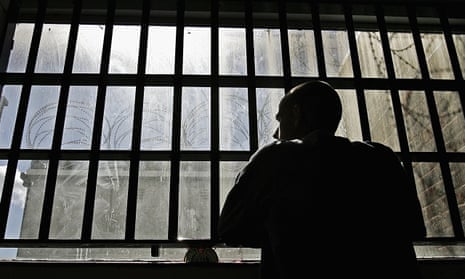An inquest this week ruled that Peaches Geldof’s death was from an unintended heroin overdose. I lost a dear family member in identical circumstances. My nephew John (not his real name) was 30 when he relapsed and died in 2010.
Peaches and John were bright, talented young people and their deaths brought intense grief to all who loved them. Without direct experience of how addiction works, such losses are almost beyond comprehension. Yet sadly these deaths will continue if we still turn drug users into criminals instead of helping them as victims of addiction.
John was a bright and sunny child, but in his early teens the break-up of his parents was devastating for him. Shortly afterwards his beloved grandfather died. He left home at around this time, got into cannabis, then worse. Later he described himself as a “user of drugs”, not an addict.
John was imprisoned in 2009 for possession of a small amount of heroin, shared with friends. This was in accordance with the 1971 Misuse of Drugs Act, which resulted in hefty penalties for users. After being charged and before going to prison, John weaned himself off heroin and on to methadone, got a call centre job, and continued his part-time degree course in history and philosophy. He still battled depression but his grandmother’s love kept him on the methadone and off the harder stuff.
Prison meant an enforced detox so John came off the methadone on which he had been stable. His good character meant he was given an 18-month sentence but was released after nine. When he was out John was confronted with the reality of being seen as a criminal looking for work in an area with high unemployment. Faced with this situation he relapsed and overdosed. Like Peaches, John had been off drugs long enough to have lost tolerance for the amount he had previously taken. Left on methadone, he might have been alive today and writing this article.
Statistics about post-release deaths make for shocking reading: heroin is responsible for 8% of deaths in the 15-44 age range; the risk of a drugs-related death is 7.5 times higher for prisoners in the first two weeks after release.
A letter from the head of drug services at Release, the national centre of expertise on drugs and drugs law, helped me to understand John’s path towards addiction to heroin. “Heroin is a physical and emotional painkiller: it lessens the difficulty or sadness of being, of feeling unloved, inadequate, frightened … Addiction is a symptom, not a disease. When two people can’t make it work, when the child needed security, then its faith in the world may be weakened. Then someone dies, which is another blow. The erosion of self-worth and enthusiasm for life has begun. It may turn around and through circumstance be repaired. The person may be depressed but functional or they may meet heroin and the pain goes away. After a month you are hooked.”
Whereas in the UK the never-reviewed 1971 act still criminalises thousands, in Portugal users found with 10 days or less of drug supply are not prosecuted but are instead given cautions and invited to rehab. Those with greater quantities are prosecuted as dealers. Despite this change in legislation the drug problem has not worsened over 13 years and the number of addicts undergoing rehab has increased dramatically.
The UK government must stop criminalising drug addiction and concentrate instead on the big dealers. We should treat addicts as victims needing help not imprisonment. We need to campaign with Release for a review of the misuse of drugs act and for the diversion of resources – £40,000 a year for every prisoner – towards rehab for all wanting it. Prisons, public and private, must be accountable for their practices with drug addicts.
We also need rigorous support for vulnerable people to prevent more overdose deaths. King’s College London has conducted important work into the idea of providing naloxone to those at risk of overdose to prevent relapse deaths – this should be explored further.
As Release says: “Nice people take drugs.” We must challenge those who label drug addicts as weak. Only then can we call ourselves a compassionate society.







